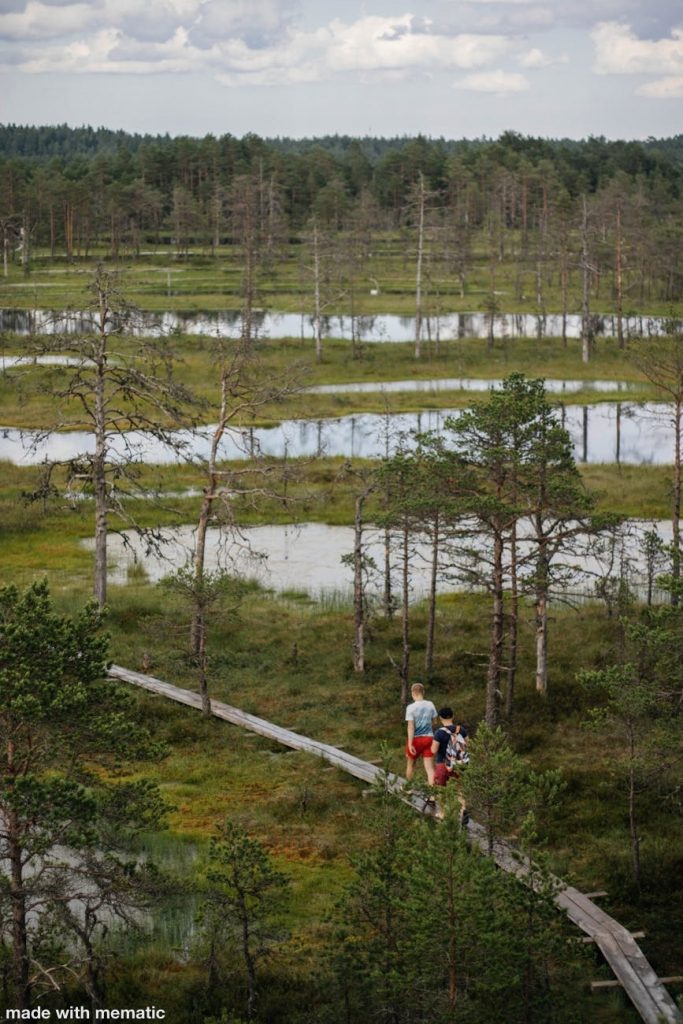
Are days out a minefield for you and your family or are you a teacher planning a trip out for a class that includes children with additional needs such as Autism and ADHD?
You may find your child becomes bored quickly, sees something they want and can’t have, becomes overwhelmed by a new environment or too many people or becomes over-stimulated by all the goings on. Perhaps they just seem to wreak havoc! Does this sound familiar?
So, let’s address a couple of questions that I have been asked recently by parents.
Can my child be left behind and excluded from a trip and can I be expected to attend with them?
Parents are sometimes asked to accompany their children on school trips. There will be occasions, when a parent is happy to do this and feels that it is the best solution. However, you may feel that your child may struggle more so if you are there, that you don’t have the magic wand yourself either and in any case, your child may pigeon hole home and school and be strongly averse to any overlaps between the two environments. If the trip is part of the planned curriculum, all pupils are entitled to be included and a school who say they can ‘meet needs’ should be doing so. Please share some of the ideas below with your child’s teacher if it helps.
Why does my child always have a meltdown on days out and seem to spoil it for everyone?
Some children will find new environments create great anxiety. They do not know what to expect, what will happen and what they are and are not allowed to do when they get there; where the toilets are, when they will eat and so on. They may also become over-stimulated, perhaps there is a lot to see visually or perhaps there is noise or particular noises (even if you don’t notice it), perhaps it smells funny. Maybe the trip is just a little too long for them and they have reached the peak of what they can manage. Sometimes there can be a trigger that is just out of your control (see previous blog Managing Meltdowns).

What can we do to make a trip more enjoyable?
Pre-plan!
This part of the process is the most important.
- Ensure you know as much as possible yourself about the venue beforehand. If you cannot do a pre-visit, then check their website. What facilities are there? What is there to do? What are the busiest and quietest times? How large is the space? Involve siblings in this process too, as they can understandably feel forgotten.
- Think about what you will include in the day. Is there anything you do not want your child to access e.g the gift shop? How long will you make the trip? Think here about what you feel your child will cope with. Make an itinerary of everything you will include in the visit and in what order.
- Devise a schedule for the day – you can write it or type it and draw pictures, as a list which your child can tick off. Alternatively, some online shops sell To Do boards which I often use successfully with pupils in assessments. One caveat here of course, is that things do not always go to plan. You need to be prepared in advance for this too.
- Write a social story for your child. This is not intended to tell a child how they should behave as usually children do not just misbehave for no reason! The purpose is to tell the child what to expect; where they are going and when; what they will see and do there; who else is going with them; what time they will leave; what they can do if they have a problem or feel worried and perhaps some simple rules for keeping safe if this is needed. Make sure that this includes plenty of photos of the venue to support this; children often are unable to visualise until they have had the experience. Ensure that you do not tell a child too far before a visit as this can raise anxiety over the lead up time. When you do, however, go through the social story, and look at the pictures. If your child tends to then ask the same questions over and over, due to raised anxiety, you can simply ask them, what does your social story say about that? Then help them to recall the answer. Ensure you read the story again if anxiety heightens or proactively plan in readings of it, up to the morning you go.
- Plan how you will keep a child focused and engaged in what they will be doing. I often suggest to parents that they take a small ‘bag of tricks’, novel items and ideas which do not need to be expensive, that can refocus a child when needed. This could be small puzzle toys, blowing bubbles, challenges to complete, items that relax such as sensory toys, colouring.
- Plan in advance some ideas on what you could do if the worse comes to the worse and your child does struggle. Look to see if there are quiet spaces, places where you and your child don’t have to worry if there is a full blown meltdown. Contact the venue if possible beforehand and ask about this. Will the car be close enough to get back to?

The day of the trip
This part is where you put all your pre-planning into effect. On the day:
- Read through the social story
- Go through the schedule and don’t forget to take it with you
- Don’t forget your physical and metaphorical ‘bag of tricks’
- Stay to schedule as far as you are able but tell your child with time for them to process if there is going to be a change (an ‘oops’) don’t just spring it on them! Make sure that each activity does not go on for too long. Remember you need variety and pace as well as structure and calm times.
- Try to manage your own emotions throughout the day. Be positive, believe you are positive and think yourself positive. If you are feeling in any way uncertain or anxious, your child will sense it and it will pass to them.
- Remember where you parked the car – you may want to return to it quickly and your child will be tired at the end of the trip.
- Remember of course all their vital equipment and don’t leave it in the car if it’s not nearby – medication, nappies/pads, favourite comfort blanket, snacks, change of clothes as not having these at hand, can add to everyone’s stress – I know!
I hope this helps someone and if you have any questions about anything I have or haven’t covered, please let me know.
Caroline Irwin 9 March 2024
